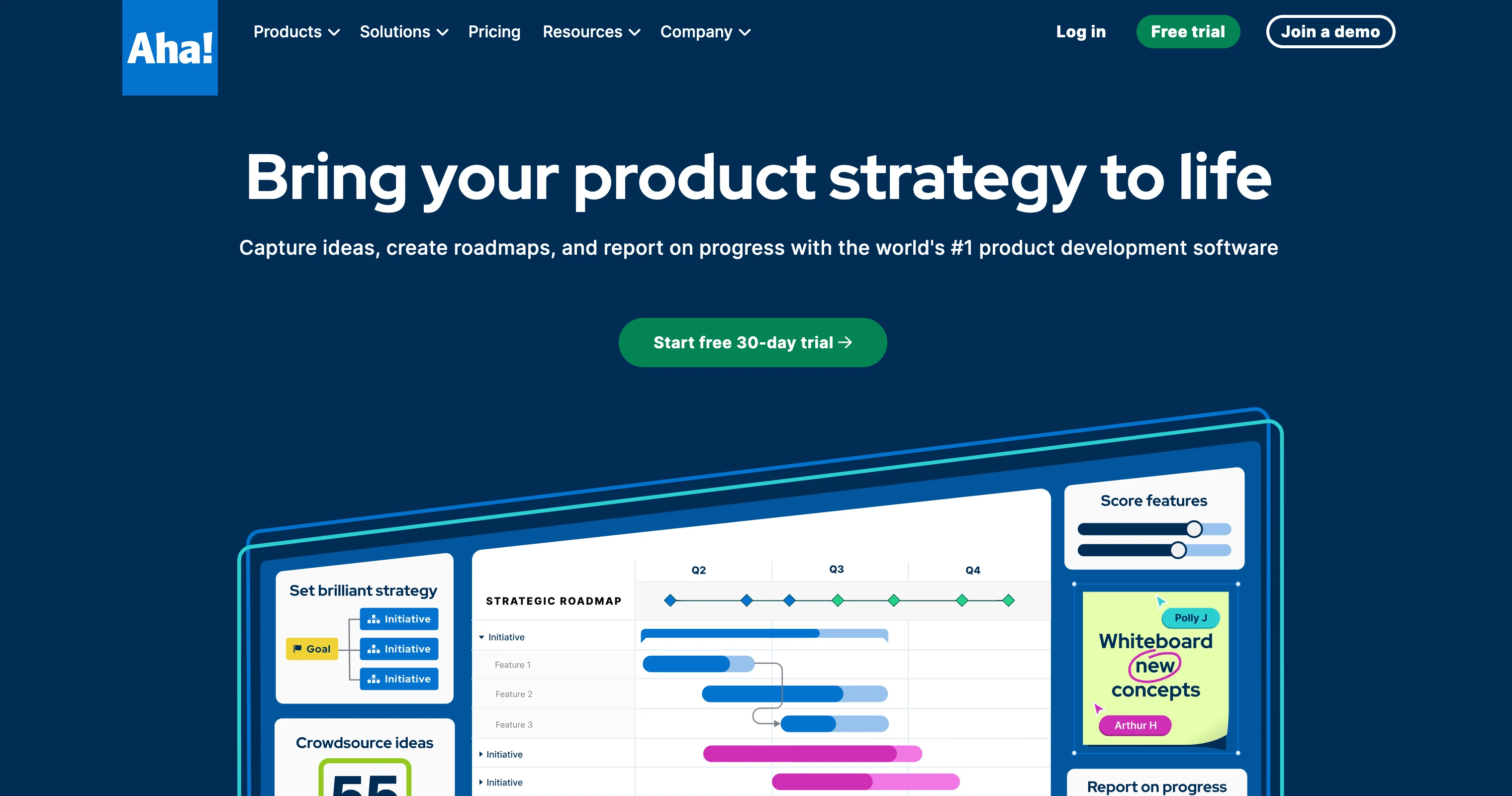
Do startups really need vice presidents?
The job listing almost always includes a variation of the following: “Looking for an experienced player-coach VP with a proven track record of building teams and processes. The ideal candidate will have a history of achievement leading X-function at a fast-growing enterprise SaaS startup.” At face value, the description makes sense — but if you pause to think about the needs at an early-stage startup, the questions begin bubbling.
Do startups really need vice presidents? What is the real reason behind the drive to hire an executive role at a fledgling company?
The answer typically involves “scale.” Even in today’s slightly cooled startup environment the push to grow fast (then faster and faster still) is ever present. If you decide to pursue the VC path, then one of the first things an investor will do is promise to scale your team with executive hires. That is actually in their pitches: "We have dedicated internal recruiting resources and a trusted executive network you can tap into."
It might be a compelling pitch. But the message is misguided. Most early-stage companies do not need VPs. That level of leadership and team management does not provide value if you do not have customers who are willing to pay for your product. You create a lot of overhead when resources are incredibly precious.
An early-stage company is in a constant state of becoming. You are figuring out who you are and how you will achieve. You are still defining the essence of what makes the company unique and how you will deliver the most value. No one else can do that for you.
A startup’s leadership team begins with its founders. Deliver the right value and customers will pay for it — keep organically growing from there.
We did not have VPs at Aha! for a very long time. And when we decided that the team members and our customers would further benefit if we invest in a formal “senior leadership” team, those folks were promoted from within. This was possible because we took a deliberate approach to hiring and growing the team as the business demanded (sometimes to the point of discomfort) that we do so. Here is why we chose not to hire VPs initially and how we built an exceptional team along the way:
Do it yourself
You have a breakthrough idea. You have some relevant skills. But you likely do not have all the skills. It can be tempting to think that if you could just hire X-person then you could gain traction in market a bit faster. I do not buy it though. What you learn by doing everything yourself will make your business stronger in the long run. The early days will be grueling. But removing yourself from the intricacies of the business can be a costly choice.
My co-founder Chris and I agreed that we would not hire anyone (yes, anyone) until we had 100 paying enterprise customers. We were fortunate that this did not take that long. But during those early days that turned to months we became deeply enmeshed in and familiar with what Aha! needed to succeed. We knew that not hiring would have hurt customers and our ability to create more value for more people. So we started adding folks to the team and started to record how we would collectively operate.
Hire well
You need to find people who are passionate about your idea. You need to build a deep talent bench. The initial group may seem to form somewhat organically, with people who are drawn to the energy and possibility of creating something new. A lot of folks want to work at startups for a variety of reasons. But you want to hire people with a core set of skills who are intrinsically motivated to work hard.
Early on at Aha! I started jotting down the top qualities our company values to see if that would help us narrow in on exactly what we wanted to hire for: ambition, effort, skill, and learning. Over the years we added integrity and team spirit. These traits became a rubric for part of how we evaluated job candidates — seeking people with a history of achievement who we felt confident could grow alongside the company.
Invest in training
You need to scale the business. You need tools that will enable others to grow their skills. Those initial hires have the benefit of absorbing information directly from you. There is a closeness that cannot be replicated as you begin to (yes) scale. New hires need a way to understand what is expected and quickly begin contributing in a meaningful way. Early joiners need a way to continue developing so that they can contribute in broader ways.
This comes down to communicating your organizational values and investing in training. I am someone who enjoys a framework, so Chris and I worked on codifying how we behave and deliver value — we call it The Responsive Method. We also developed a comprehensive onboarding program that every new hire goes through to this day. I personally lead a session for each person who joins the team to discuss our history and values.
We also invested in some third-party training to help folks understand themselves and each other more clearly. We documented the traits of good leaders, what responsibilities were required, and what abilities are needed to guide a team. These are just some of the tools that continue to help our team grow together — making it obvious how you can expand your career at Aha! as an individual contributor or a team lead.
Most startups do not need VPs. You just need a disciplined approach to finding effective and talented folks, then helping to develop their skills as the business demands.
The success of an early-stage company is not defined by job titles. Vulnerability and team orientation are critical, which are not typically what a VP is hired for. Focus on the effort of the folks who join your journey — a collection of individuals who seek the future differently (as you do) and are willing to do what it takes to realize that vision.
Ask Brian anything in an open session — register for The Startup Adventure Live.




